- Sex
- Health Concerns
- View Full Guide
Slideshow: 10 Effects of Low T

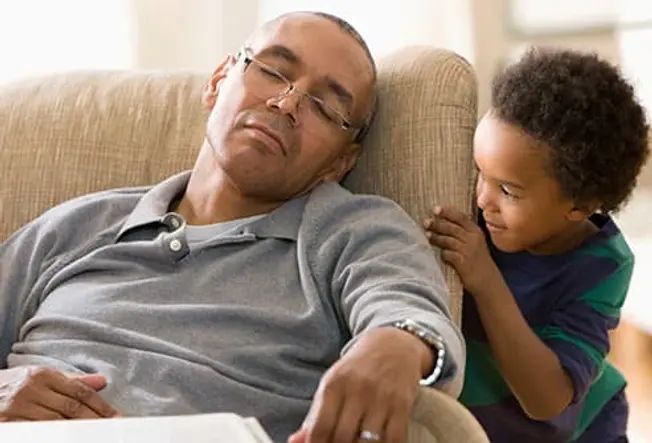
Drop in Energy
Fatigue is a common effect of low testosterone. You might feel like you just don't have the energy that you're used to. Or you might be incredibly tired.
But many other things can sap your energy, too, including normal aging and depression.
Getting enough sleep may help raise your energy levels. Try to get at least 7 to 8 hours each night.
See your doctor for more help with unusual fatigue.
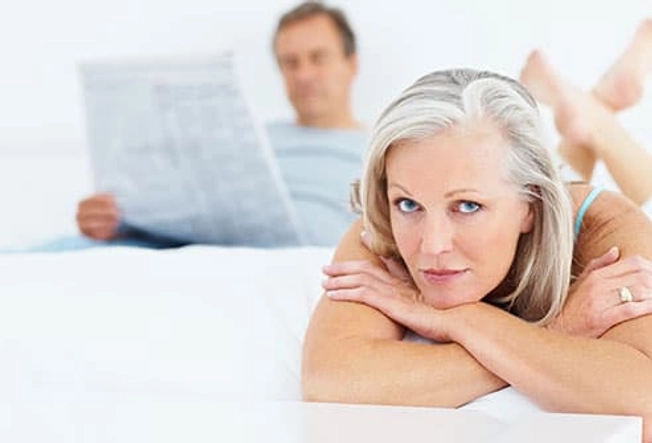
Changes in Sex Life
A drop in your sex drive can be due to low T. So can erectile dysfunction.
Low testosterone alone is rarely the only reason for weaker and fewer erections. Other medical problems can be to blame, such as heart disease or diabetes.
Check with your doctor. If you have low testosterone levels, your sex drive may get better with treatment.

Fuzzy Thinking
Low testosterone can hurt your mental focus and memory. You may forget what you planned to do and have trouble concentrating. This happens more often when testosterone levels are extremely low.
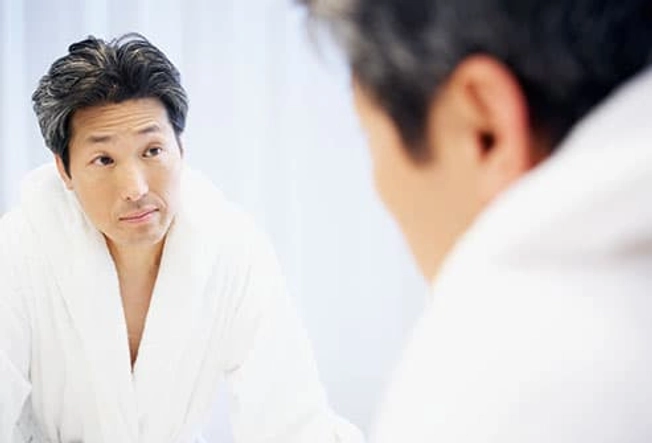
Changes in Mood
Low testosterone can get you down -- a little or to the point sadness or depression. To help, take steps to ease stress. Try meditation, yoga, exercise, or massage.
Some men really see a change in personality. Nothing seems to make them happy anymore and they don't want to do things they used to enjoy.
When testosterone levels are back to normal, men often say they feel like themselves again.
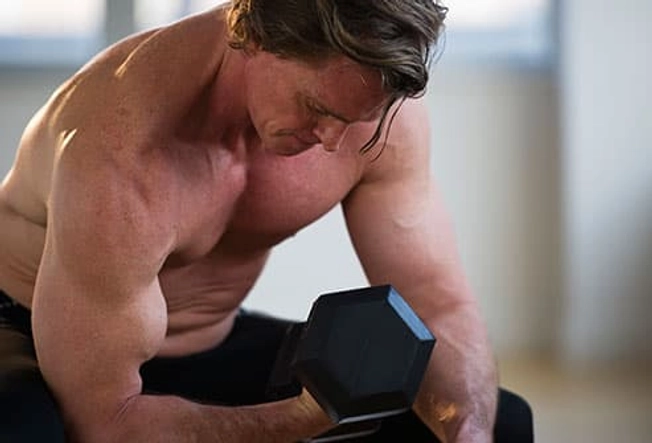
Muscle Changes
Because testosterone helps build muscle, when it gets low, so does your muscle mass and strength. When you work out you don't see the results that you would normally expect from exercise.
Regular exercise can help boost your testosterone levels. Be sure to work large groups of muscles when you exercise and do some weight lifting, too.
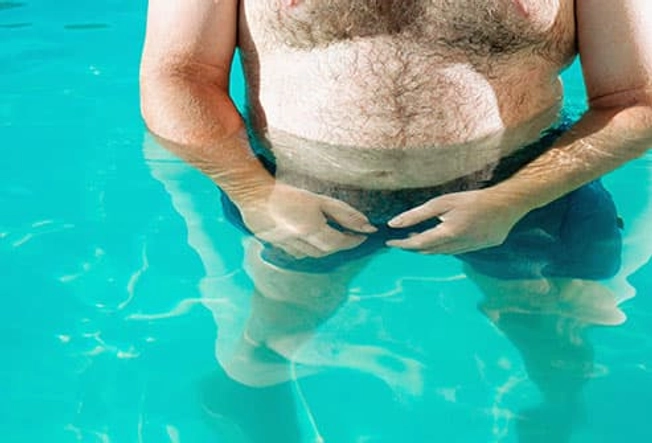
More Body Fat
Not only can you lose muscles with low testosterone, you can also gain fat. If you're not building muscle with the calories you take in and the physical activity you do, then your body turns the calories into fat.
Eat a healthy diet. When you start to lose weight and extra body fat from dieting, you may lose some muscle. If you are overweight, eat a healthy diet to reduce the extra poundage, especially around the middle. Your body can make more testosterone as you lose weight.
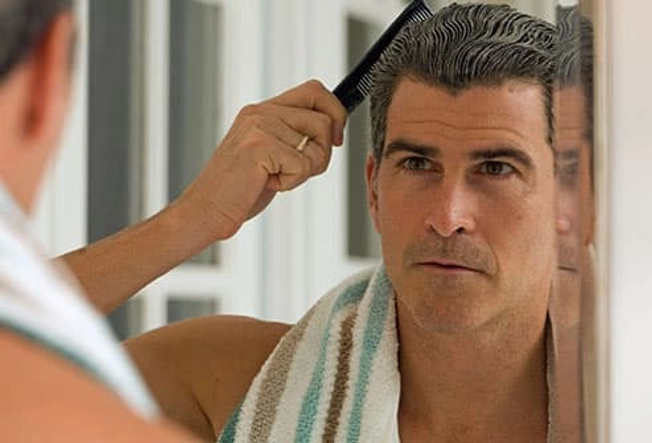
Thinning Body Hair
Low testosterone can cause you to lose some facial hair, pubic hair, and hair on your arms and lower legs.
But one thing you should know. There's a link between testosterone therapy and male-pattern balding. Your doctor can talk to you about any side effects of testosterone treatment.
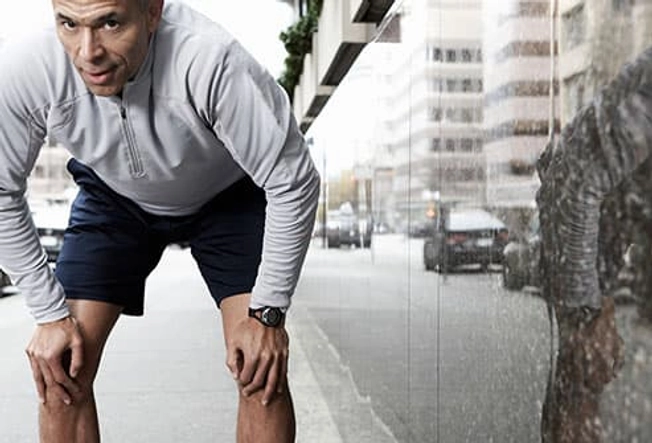
Loss of Bone Mass
Low testosterone has been linked to osteoporosis, a disease that weakens bones. But there are other causes of osteoporosis too, so check with your doctor.
To keep your bones healthy, don't smoke, and cut back on alcohol. Also get regular exercise, including weight-bearing exercise.
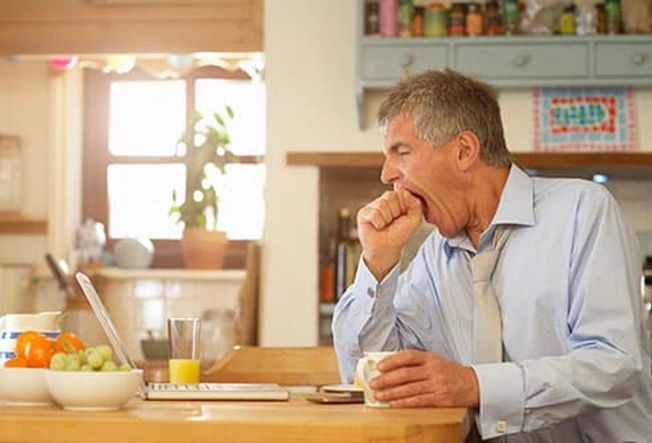
Trouble Sleeping
When your testosterone levels are low, you might have trouble with insomnia and restlessness at night.
To help get a good night's sleep, have a relaxing bedtime routine. Go to bed and wake up at the same time, even on weekends. Make your bedroom dark, quiet, and comfortable, and only use it for sleep and sex.
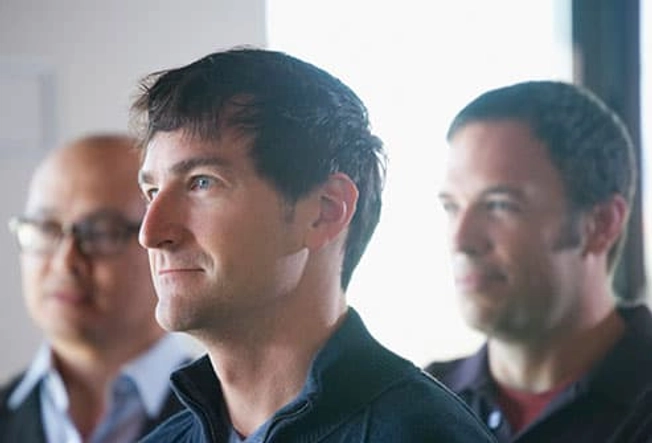
Problems on the Job
Many of the effects of low testosterone -- focus problems, mood issues, and low energy -- can make it hard to stay on top of your game at work.
If your work or home life has changed dramatically for the worse, a full medical checkup might help find the cause. A blood test can show whether you have low testosterone levels.
If you have low T, healthy lifestyle changes are important, along with any testosterone therapy your doctor might suggest.